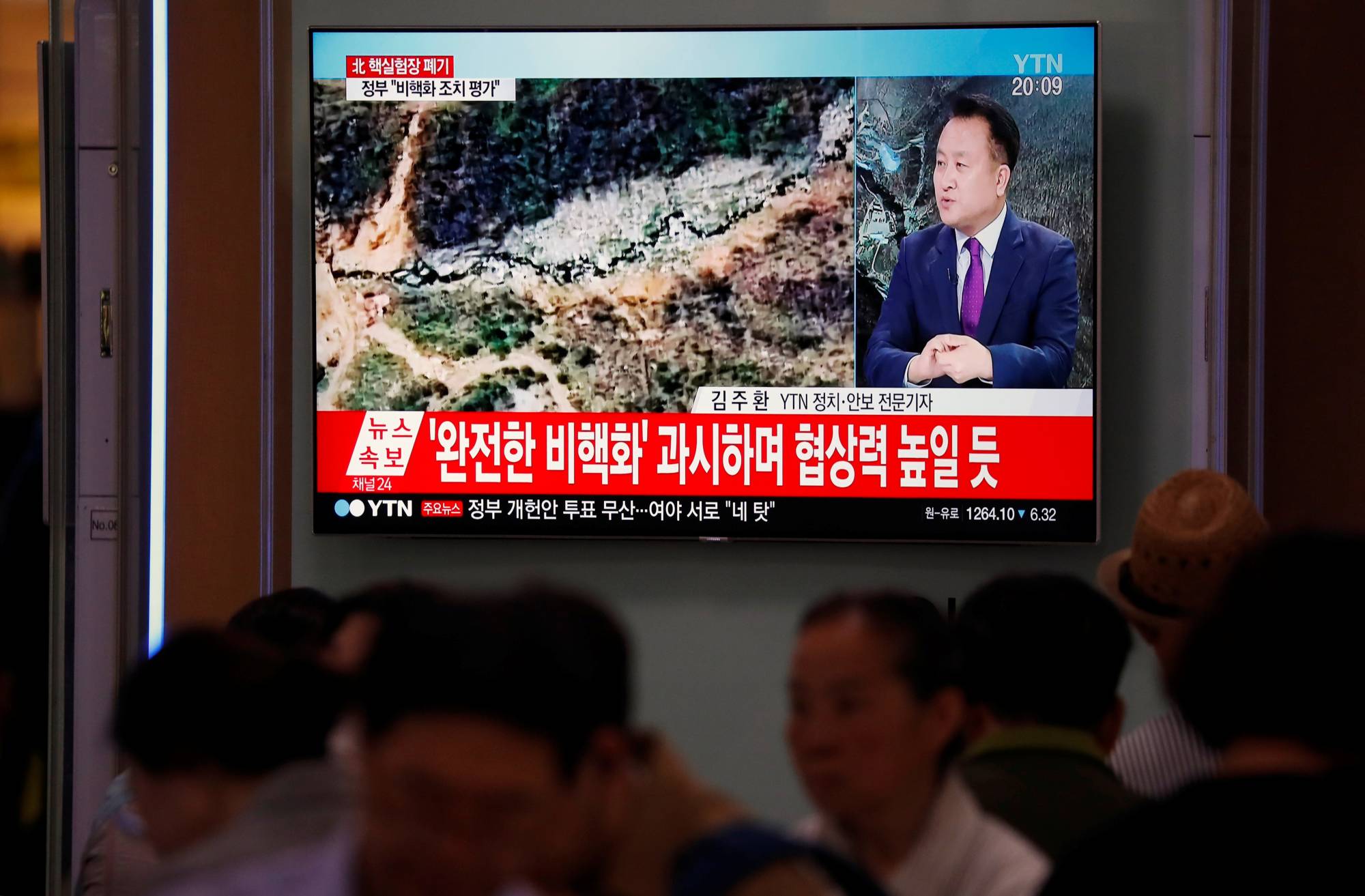A fresh nuclear test by North Korea “would not come as a surprise,” U.S. national security adviser Jake Sullivan said Sunday, just days after Pyongyang held a successful test of its most powerful long-range missile.
Sullivan told CBS talk show "Face the Nation" in an interview that he has “been concerned for some time” that North Korea would conduct their seventh nuclear test.
“I don't see any immediate indications that that's going to happen,” he said. “But it would not come as a surprise if North Korea moved forward with another nuclear test with respect to its intercontinental ballistic missile (ICBM) capability.”

















With your current subscription plan you can comment on stories. However, before writing your first comment, please create a display name in the Profile section of your subscriber account page.